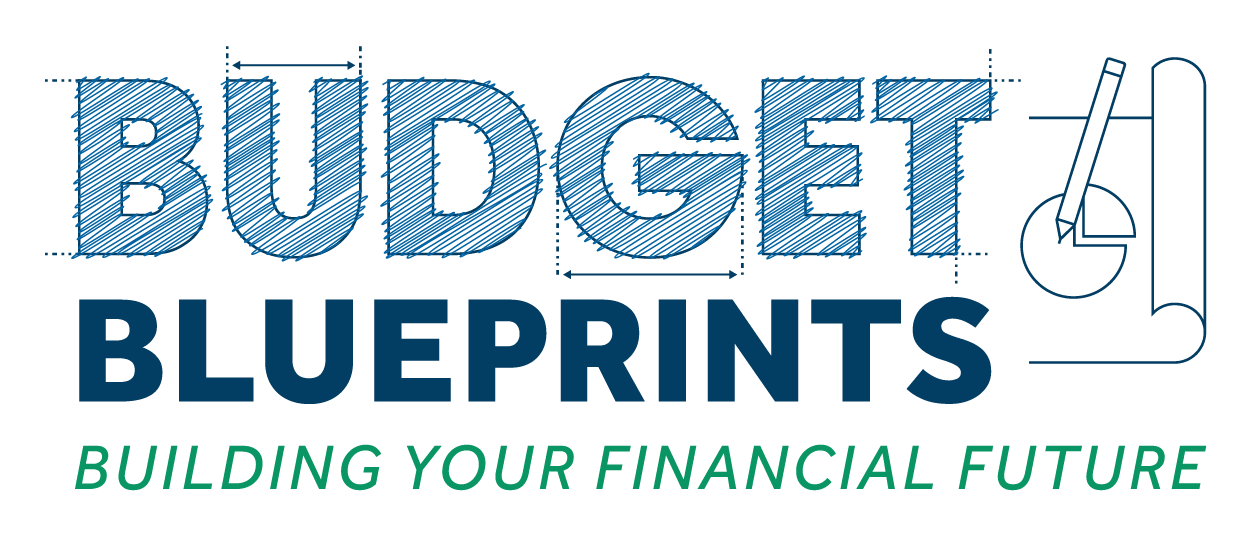Crazy times in the world these days, huh? Just two months ago, we would’ve never guessed we’d be faced with empty grocery shelves, toilet paper as the prized possession, and a run on hand sanitizer. Suddenly everyone is a doomsday prepper. The word “pandemic” was of no significance other than the name of past events and a fun board game. Tomorrow has rarely felt so uncertain. We are all taking it one day at a time, as each day brings new restrictions and recommendations from the CDC.
Schools are closed, churches are closed, large events of any kind; canceled. With so many shutdowns and cancellations, you can’t help but wonder, What’s next?
Will my job close?
How long will this pandemic last?
Do I have enough money to weather a long quarantine period?
With the world in a global health crisis due to COVID-19, it can be hard to distance the financial worries from health worries. Financial uncertainty can be a big stressor, and if you are fortunate enough to rarely worry about where your next paycheck is coming from, you may even be facing financial uncertainty today. In addition to the CDC’s health precaution guidelines, here are a few financial precautions to take during the times of the novel coronavirus.
1. Hoard money, not toilet paper
In uncertain financial times, it is best to cut discretionary spending and increase savings as much as you can. The LA Times published that 18% of Americans had reported being laid off. Low-income individuals are taking the hardest hit, with as much as 25% of those making under $50,000 per year being either laid off or experiencing significantly cut hours. These statistics are shocking, and as Americans, the virus is just now hitting us. We are still in the early stages, compared to countries like Italy. But if we follow suit of Italy, we could be facing a country-wide lockdown. There are a lot of unknowns, such as how long the pandemic will last and most importantly, if our jobs will be there tomorrow. So, if you are lucky enough to still be working, savor that paycheck as much as possible. You may find yourself living off of your savings if this pandemic continues to progress.
On the bright side, because a lot of entertainment businesses like movie theaters, bars, and restaurants are currently shut down, that automatically limits your discretionary spending with no effort on your part. 😉
Related Post: What to Do When Your Budget is Wrecked
2. Hit the banks for cash on hand
I know my personal bank has closed its lobby doors and is only providing drive-through services. Since we live in the times of the debit and credit cards, there’s a good chance you probably do not have actual cash on hand. In all times — not just pandemics —cash is king. You should always have some cash on hand. However, it might be a good idea to head to the bank and withdraw a few funds to have just in case the bank is not as accessible as usual next week. Do not panic and withdraw all of your money. Just take precautions and maybe grab a hundred or two from your emergency funds to set aside until the pandemic subsides. The chances you will need to use that cash are slim to none, but hey, if you are out of toilet paper and your neighbor has extra they’re willing to sell you, ten bucks in cash would help.
(Author Note: I want to stress that I am not suggesting you withdraw large sums of money from your bank. The bank is not in trouble. Your money is not in trouble. Your money is still insured by the FDIC for up to $250,000. I am merely suggesting to have *some* amount of cash on hand if you do not already. Read more about your money and the banks during the pandemic here.)
3. Keep clear communication with creditors and bills due
If you are falling behind on your financials during this time, be sure to keep in clear contact with your creditors and bill providers. Everyone is in the same boat right now. I feel that creditors and bill companies are going to be willing to work with you. Just do not avoid the problem. If you are going to be late on your light bill, or cannot afford to pay the whole thing, give them a call and ask for a payment plan. In my community I heard that some landlords are delaying rent payments, utility companies are not issuing disconnects, and evictions are not being brought during the pandemic. I think that it could be likely that your due dates are extended or some type of agreement can be worked out until things return to normal.
4. Avoid herd behavior
Do not look at your 401k. Just don’t. I am sure you have heard that the markets tanked last week. The market hates uncertainty, and friend, the COVID-19 is as uncertain as it gets right now. Please remember that most investors are in the stock market for the long term. This means that you will see big ups and downs in the market over the timeline of your investment life. This is a down swing. Stay the course and do not panic and pull money out just because your neighbor did. You want to avoid what’s called herd behavior. This is when you let “emotion, not logic, rule investing decisions” (Personal Finance, Garmin, p. 407). Basically, you sacrifice your personal investing philosophy and plan and start to look around and follow other’s investment movements and decisions. Stay true to your own personal financial goals and investment philosophies and the market will eventually return to normal.
Every day is bringing in new information and changes. I don’t have a lot of answers for a lot of the uncertainty we are facing. However, during this time, we can never be too cautious. Do you have a financial precaution you’d like to suggest? Tell us in the comments below.















Jeff
March 23, 2020If you get a check from the Federal government, save it as rainy day fund.